‘Putin is a killer’: Alexei Navalny’s friends warn of ‘cover up’ after Russian critic’s death in Arctic prison
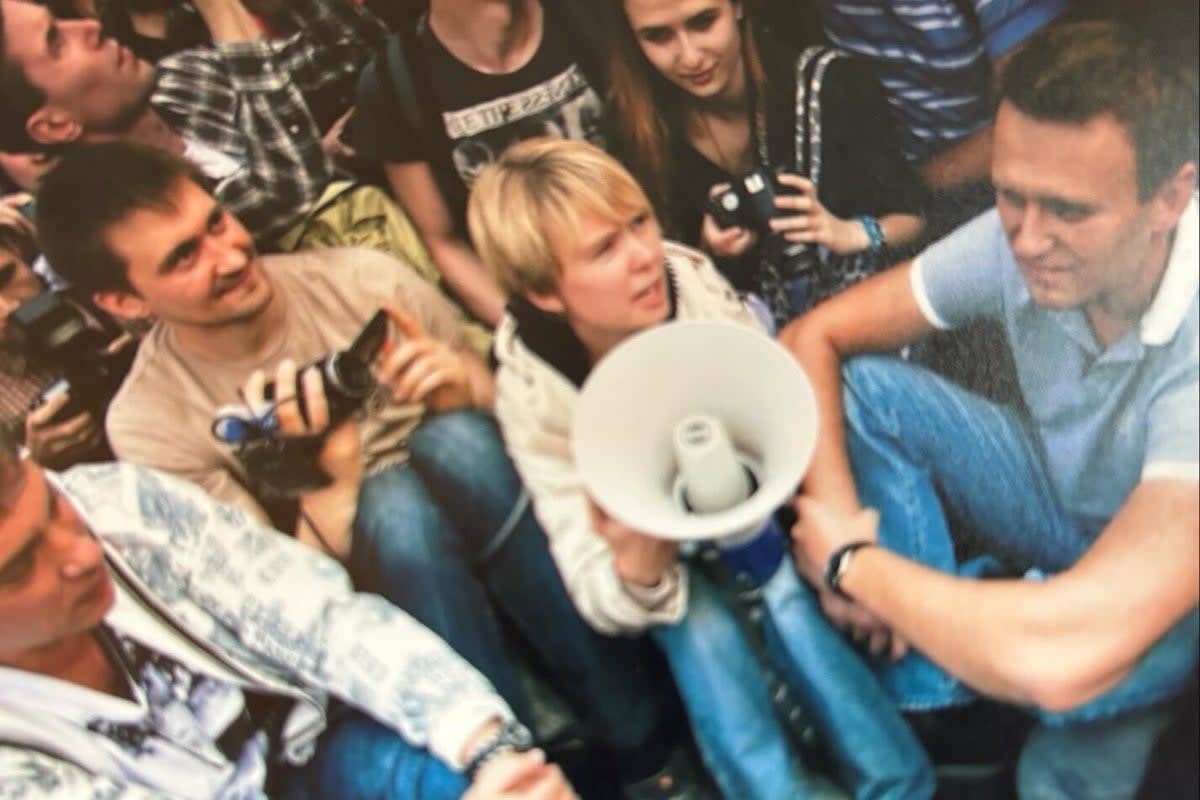
- Oops!Something went wrong.Please try again later.
- Oops!Something went wrong.Please try again later.
Friends of Alexei Navalny have accused Vladimir Putin of ‘murder‘ after the opposition leader’s death - and claim Russian authorities will do everything they can to ‘cover it up’.
Russia’s most prominent Putin critic collapsed and died on Friday after a walk at the "Polar Wolf" Arctic penal colony where he was serving a long jail term, according to the prison service.
The 47-year-old lawyer, who rose to prominence more than a decade ago for fighting widespread corruption within the Putin regime, was cast by supporters as the future leader of Russia who would one day walk free from jail to take the presidency.
But exactly a month before the day of the next election in Russia, those hopes have been dashed.
A statement from the prison authorities said Navalny died having “felt unwell after a walk, almost immediately losing consciousness”. It added that doctors later declared Mr Navalny dead after a failed resuscitation.
For his friends and family, these are simply more “Kremlin lies”. The “charismatic” figure was killed by Putin’s regime, they told The Independent.
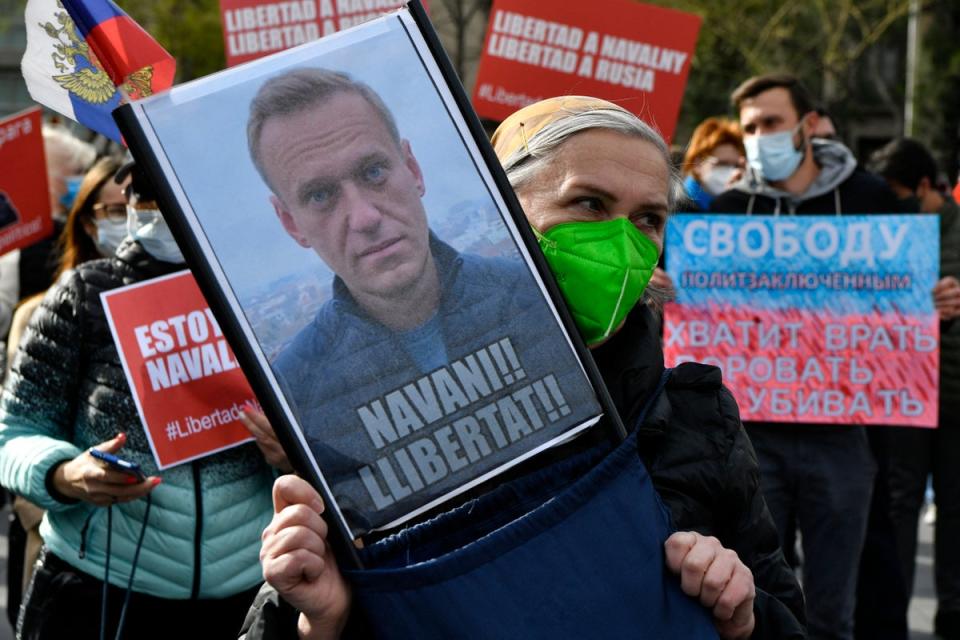
“I am very angry,” said Yevgenia Chirkova, a Russian environmentalist who met Navalny in 2010. “It is a cruel loss for us, for the Russian opposition. The case of Alexei Navaly shows us clearly who Putin is: he is a killer.”
She still remembers the day she first met the enigmatic opposition leader, in Moscow in 2010. She was opposing the building of a motorway through Khimki Forest near the Russian capital.
“We wanted fellow opposition figures to help us so we invited Alexei to a cafe for a meeting,” she said. “I remember being surprised because he was really a very handsome man. Very tall. I was sure politicians were always old and not so handsome in Russia.
“He was charismatic. He was a very warm person. He said he wanted to support us in our Khimki project.”
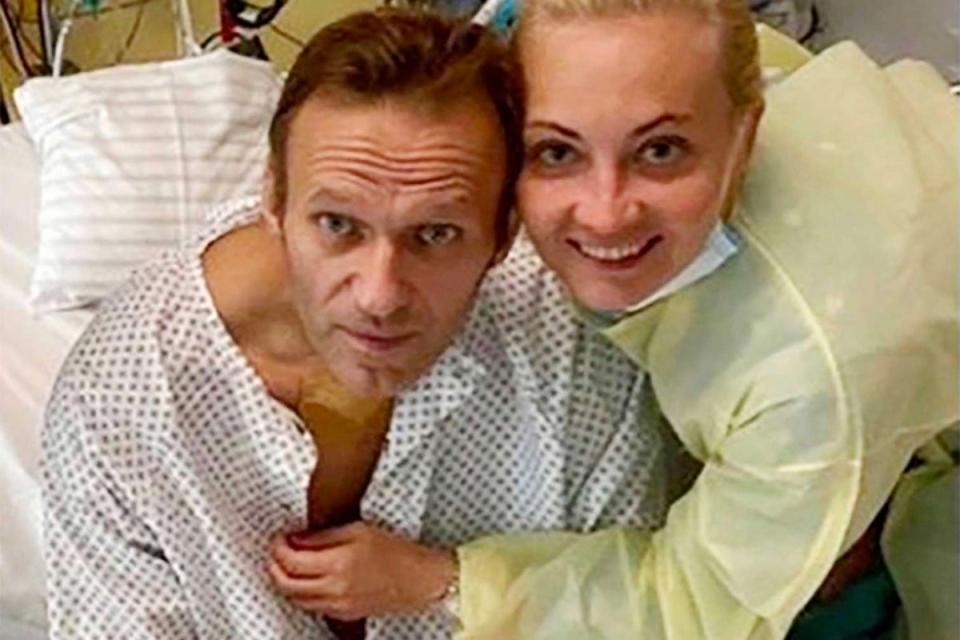
The pair quickly became friends and two years later, Navalny called Ms Chirikova to endorse her run to become the mayor of Khimki.
“He called me and said, ‘I want to support you’,” she said. “I was so shocked because he was so busy. But he personally came to Khimki and together with me, he spoke with people on the street. He was a very talented speaker. He could speak to old people, young people, middle-aged people.”
“He was very funny, full of humour. Everyone who had contact with him, even after only a short conversation with him, was profoundly impacted by him.”
Despite Navalny providing members of his team to Ms Chirikova, her campaign was unsuccessful. Two years later, she fled to Estonia, fearing for her life as an outspoken critic of Putin, who was then in his unconstitutional third term in office. Navalny, however, stayed in Russia.
Navalny knew he would eventually be jailed but hoped to become the “Nelson Mandela of Russia”, according to his friend and fellow anti-corruption activist Bill Browder.
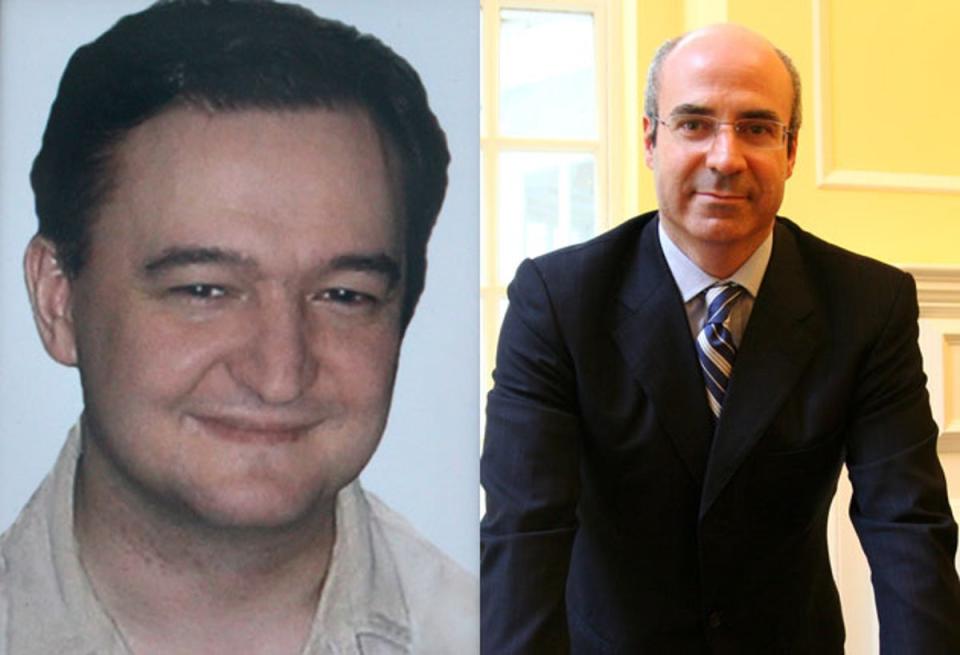
The pair met in 2002. Mr Browder, from the US, would go on to become the largest foreign investor in Russia until he was exiled in 2005 and his assets passed on to oligarchic friends of Putin’s regime.
“We started our careers together as anti-corruption activists in the corporate sphere,” he said. “Both of our careers then mutated into anti-corruption activists in the political sphere.”
When Mr Browder’s lawyer, Sergei Magnitsky, was arrested in November 2008 having exposed corruption within Putin’s regime, Nalavny rushed to help the American.
“He was always an ally and a friend,” Mr Browder said. “Most importantly, when Sergei Magnitsky was killed, he was not afraid to stand up for Sergei and expose the hypocrisy and Kremlin lies every step of the way. He was even sued by some of the same people who were involved in the Magnitsky case for defamation.”
Mr Magnitsky was later tortured to death in prison and for Mr Browder, the news of Nalavny’s death is all too familiar.
“This is total deja vu of the murder of Sergei Magnitsky 15 years ago,” he said. “You have a person who exposed corruption, who was arrested for exposing corruption, was mistreated and tortured in prison and then died suddenly.”
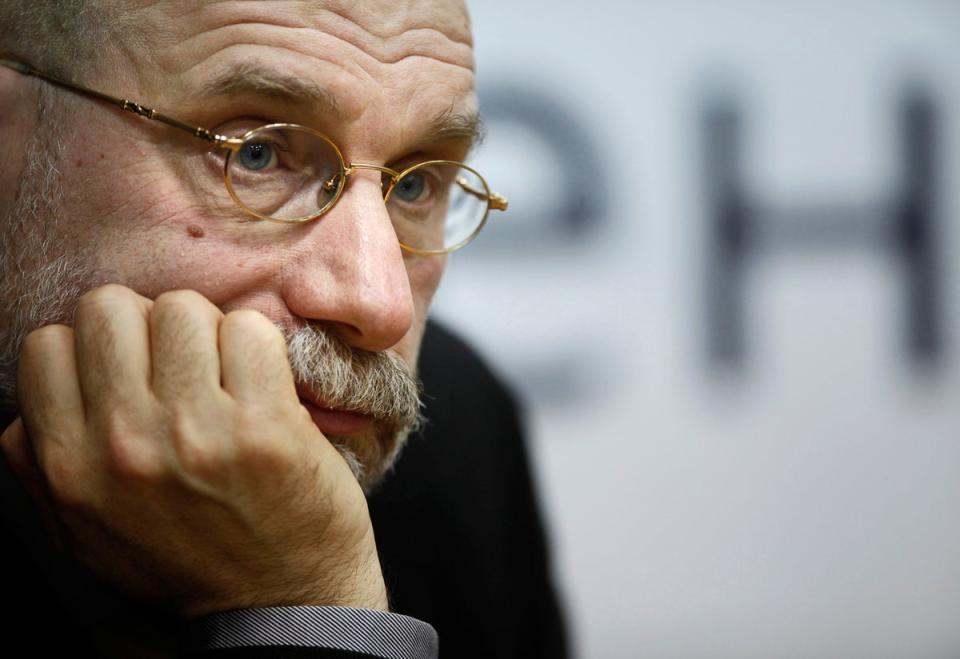
Mr Magnitsky’s killing was never properly investigated. Prison officials at first attributed his death to a “rupture to the abdominal membrane” and later to a heart attack. Mr Browder said he was under no illusion that Nalavny would face the same injustice.
“What I expect to happen next is a full-scale Kremlin cover-up,” he said. “They will say he died of natural causes, there was no sign of violence. They will say they are unaware of any health issues, that people die in prison.
“But let’s make no mistake about it, Putin ordered the killing of Alexei Navalny.”
The opposition figure may not have lived to become Nelson Mandela, he added, “but now that they have killed him, he has become the Martin Luther King of Russia.”
Grigory Chkhartishvili, a Russian-Georgian author who writes under the pen name Boris Akunin, agreed with Mr Browder.
“Alexei was a living symbol of courage,” he said. “Now he becomes an eternal symbol, a banner, absolutely unkillable and undestroyable.”
The dissident novelist, who was charged in absentia earlier this month for “justifying terrorism” and lives in London - began exchanging letters with Nalavny in 2012.
“We have a long history,” he said. “It started with a public exchange of letters in 2012 where I was asking his opinion on different political matters. Then there were periods of disagreement, then we were together again.”
He said he was “totally devastated” by the news of his death.
“For me, he was not only a hero but a human being,” he said. “I am totally devastated.”
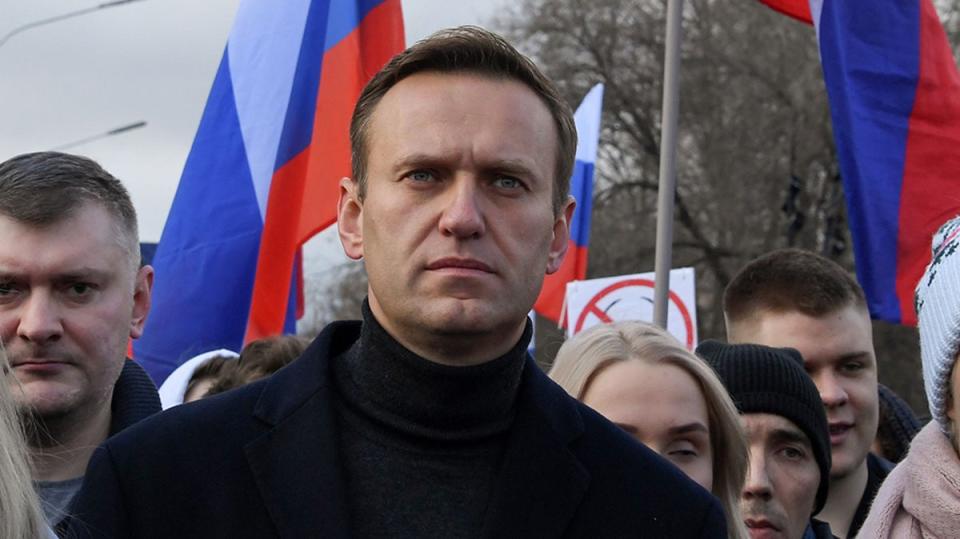
He noted that the last correspondence the pair had was last year, when Nalavny filled out a questionnaire for him while he was in prison. One of his answers read: “I don’t believe in death.”
“Now it reads like an existential manifesto,” Mr Chkhartishvili said.
Navalny’s lawyers have been unable to confirm whether the opposition figure is, in fact, dead, according to his spokesperson Kira Yarmysh.
His mother, Lyudmila Navalnaya, wrote in a Facebook post on Friday that she “doesn’t want to hear any condolences”, for now.
“We saw him in prison on the 12 February, in a meeting,” she wrote. “He was alive, healthy and happy.”
Natalia Arno, founder of Free Russia, an organisation funding opposition to the Putin regime across the world, is concerned that if he is dead, any traces of an alleged killing would be erased.
“It’s so mean it has been done on Friday,” she said. “They [prison authorities] will probably allow the lawyers to get in the prison only on Monday and they will have enough time to hide any traces of their crime.
“This is purely a political assassination of the Kremlin regime - and Putin personally.”

